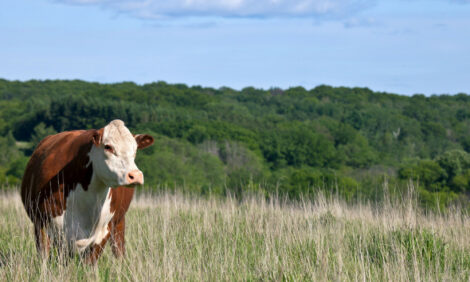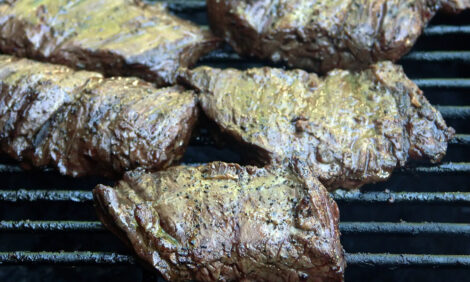



Facing Up to a Global Vet Shortage
GLOBE - The United States is facing a shortage of large-animal veterinarians that could jeopardize the nation's food supply, and result in diseases spreading from animals to humans, according to a veterinary scientist in Penn State's College of Agricultural Sciences, writes Michele Rodgers, PSU Ag Science News.All veterinary fields have looming shortages both nationally and internationally, says David Wolfgang, field studies director and senior research associate in veterinary and biomedical sciences. Perhaps most worrisome, he suggests, is the growing scarcity of "public-sector" veterinarians, who are involved in the care and treatment of livestock, the eradication of threatening diseases, and the monitoring of food safety and quality with state and federal agencies. They also play a major role in issues of animal welfare, agro- and bio-terrorism, biodiversity, and the consolidation of agribusiness.
"Veterinarians are a unique resource within the health-professions field -- we are the only health professionals trained in comparative medicine," says Wolfgang. "We play a critical role in the linkage between agriculture, animal health and human health."
A major concern related to the shortages, Wolfgang explains, are zoonotic diseases, such as Salmonella, E. coli 0157:H7, tuberculosis, Ebola and avian influenza, which are passed from animals to humans.
"There are more than 800 infectious zoonotic diseases worldwide and the vast majority of emerging diseases, such as West Nile virus, have a zoonotic component. All of the gravest bio-threats facing humans are zoonotic in nature, with the exception of smallpox."
State, national, and even international needs for public health, food safety and security, production-animal health, and comparative medicine are now more important than ever, he says. Fewer than 80,000 veterinarians practice in the United States today, and only 15,000 are engaged in food-animal care, public practice or herd-population medicine. "This is a significantly inadequate number in relation to our needs," says Wolfgang. "In Pennsylvania the shortage is less severe, but there is still a crying need for rural veterinary practitioners."
TheCattleSite News Desk


